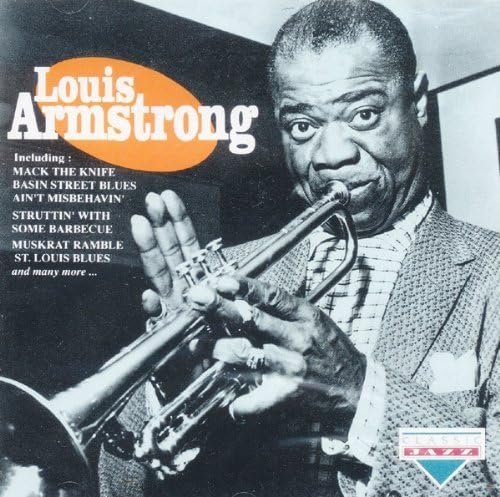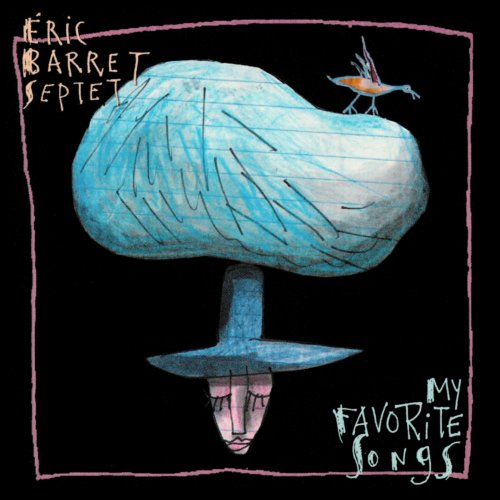Mary J. Blige - What’s the 411 (1992)
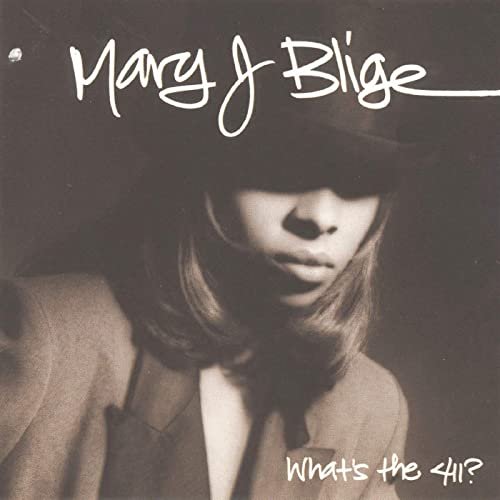
Artist: Mary J. Blige
Title: What’s the 411
Year Of Release: 1992
Label: Uptown
Genre: R&B, Soul
Quality: 320 kbps | FLAC (tracks)
Total Time: 00:52:40
Total Size: 121 mb | 335 mb
WebSite: Album Preview
Tracklist:Title: What’s the 411
Year Of Release: 1992
Label: Uptown
Genre: R&B, Soul
Quality: 320 kbps | FLAC (tracks)
Total Time: 00:52:40
Total Size: 121 mb | 335 mb
WebSite: Album Preview
01. Mary J. Blige - Leave A Message
02. Mary J. Blige - Reminisce
03. Mary J. Blige - Real Love (Album Version)
04. Mary J. Blige - You Remind Me
05. Mary J. Blige - Intro Talk
06. Mary J. Blige - Sweet Thing
07. Mary J. Blige - Love No Limit
08. Mary J. Blige - I Don't Want To Do Anything
09. Mary J. Blige - Slow Down
10. Mary J. Blige - My Love
11. Mary J. Blige - Changes I've Been Going Through
12. Mary J. Blige - What's The 411?
There was no way R&B was going to keep its distance from hip-hop; they had too much in common. But it required the right singer to build a road between the two. On her first album, Mary J. Blige was marketed as the Queen of Hip-Hop Soul, and the Bronx-born singer lived up to the regal hype, singing about pain and resolve in equal measures. Even when songwriters stuck her with pedestrian lines, you feel genuine longing and the weight of her experiences in every word.
With this cutting-edge debut, Mary J. Blige became the reigning queen of her own hybrid category: hip-hop soul. The eloquence and evocativeness that comes through in her voice, could be neither borrowed nor fabricated, making What's the 411? one of the decade's most explosive, coming-out displays of pure singing prowess. "Real Love" and the gospel-thrusted "Sweet Thing" (the primary reason for all her Chaka Kahn comparisons) are and will remain timeless slices of soul even after their trendiness has worn off, and "You Remind Me" and the duet with Jodeci's K-Ci ("I Don't Want to Do Anything") are nearly as affecting in their own right. It's nevertheless unclear how much of the hip-hop swagger in her soul was a genuine expression of Blige's own vision or that of her admittedly fine collaborators (Svengali Sean "Puffy" Combs, R&B producers Dave Hall and DeVante Swing, rap beatsmith Tony Dofat, rapper Grand Puba). Certainly the singer comes across as street-savvy and tough "real," in the lingo of the day and even tries her hand at rhyming on the title track, but never again would her records lean this heavily on the sonic tricks of the rap trade. In retrospect, it is easier to place the album into the context of her career and, as such, to pinpoint the occasions when it runs wide of the rails. For instance, the synthesizer-heavy backdrops ("Reminisce," "Love No Limit") are sometimes flatter or more plastic than either the songs or Blige's passionate performances deserve, while the answering-machine skits, much-copied in the wake of What's the 411?, haven't worn well as either stand-alone tracks or conceptual segues. In fact, those who prefer their soul more stirring, heart-on-sleeve, or close to the bone would likely find her fluid, powerfully vulnerable next recording (My Life) or one of the consistently strong subsequent efforts that followed it more to their liking. For broad appeal and historical importance, though, What's the 411? is an inarguably paramount and trailblazing achievement.
With this cutting-edge debut, Mary J. Blige became the reigning queen of her own hybrid category: hip-hop soul. The eloquence and evocativeness that comes through in her voice, could be neither borrowed nor fabricated, making What's the 411? one of the decade's most explosive, coming-out displays of pure singing prowess. "Real Love" and the gospel-thrusted "Sweet Thing" (the primary reason for all her Chaka Kahn comparisons) are and will remain timeless slices of soul even after their trendiness has worn off, and "You Remind Me" and the duet with Jodeci's K-Ci ("I Don't Want to Do Anything") are nearly as affecting in their own right. It's nevertheless unclear how much of the hip-hop swagger in her soul was a genuine expression of Blige's own vision or that of her admittedly fine collaborators (Svengali Sean "Puffy" Combs, R&B producers Dave Hall and DeVante Swing, rap beatsmith Tony Dofat, rapper Grand Puba). Certainly the singer comes across as street-savvy and tough "real," in the lingo of the day and even tries her hand at rhyming on the title track, but never again would her records lean this heavily on the sonic tricks of the rap trade. In retrospect, it is easier to place the album into the context of her career and, as such, to pinpoint the occasions when it runs wide of the rails. For instance, the synthesizer-heavy backdrops ("Reminisce," "Love No Limit") are sometimes flatter or more plastic than either the songs or Blige's passionate performances deserve, while the answering-machine skits, much-copied in the wake of What's the 411?, haven't worn well as either stand-alone tracks or conceptual segues. In fact, those who prefer their soul more stirring, heart-on-sleeve, or close to the bone would likely find her fluid, powerfully vulnerable next recording (My Life) or one of the consistently strong subsequent efforts that followed it more to their liking. For broad appeal and historical importance, though, What's the 411? is an inarguably paramount and trailblazing achievement.
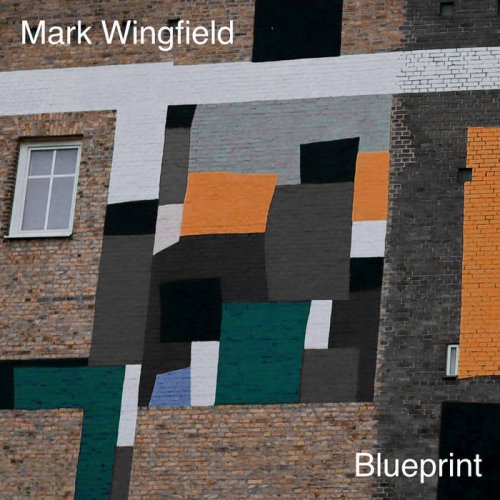
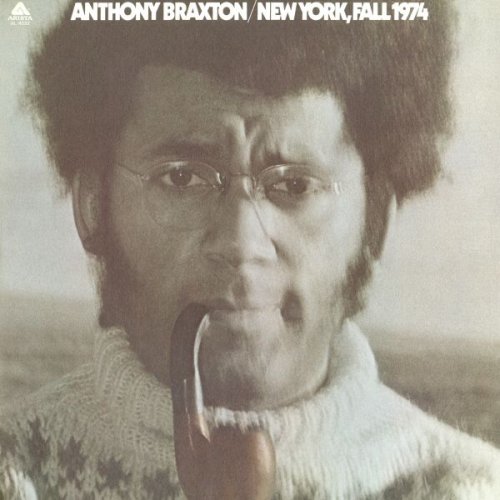
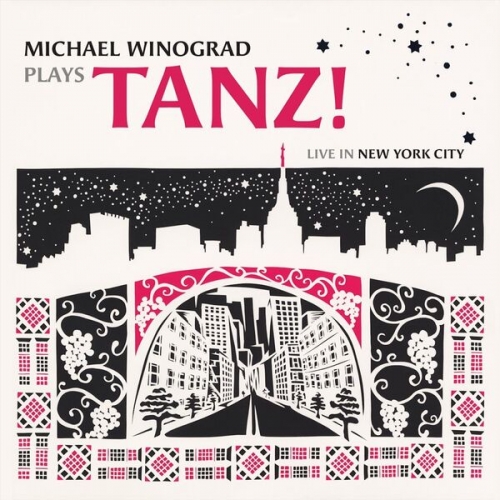
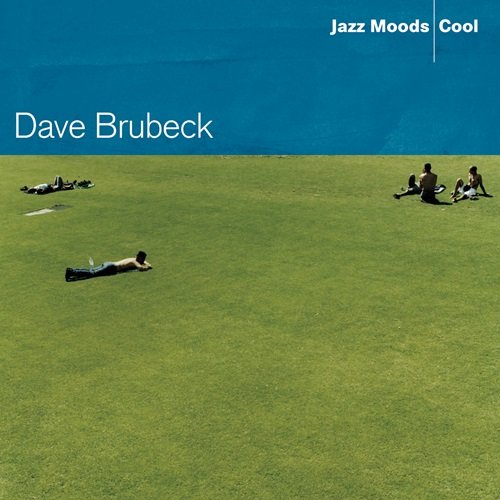
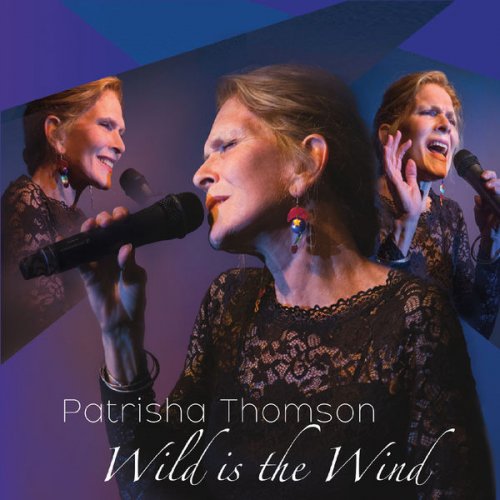

![Clifton Chenier - Louisiana Blues and Zydeco (1965) [Hi-Res] Clifton Chenier - Louisiana Blues and Zydeco (1965) [Hi-Res]](https://img.israbox.com/img/2025-12/20/sbk3avlyv35pi9c6lq1p1fkea.jpg)
